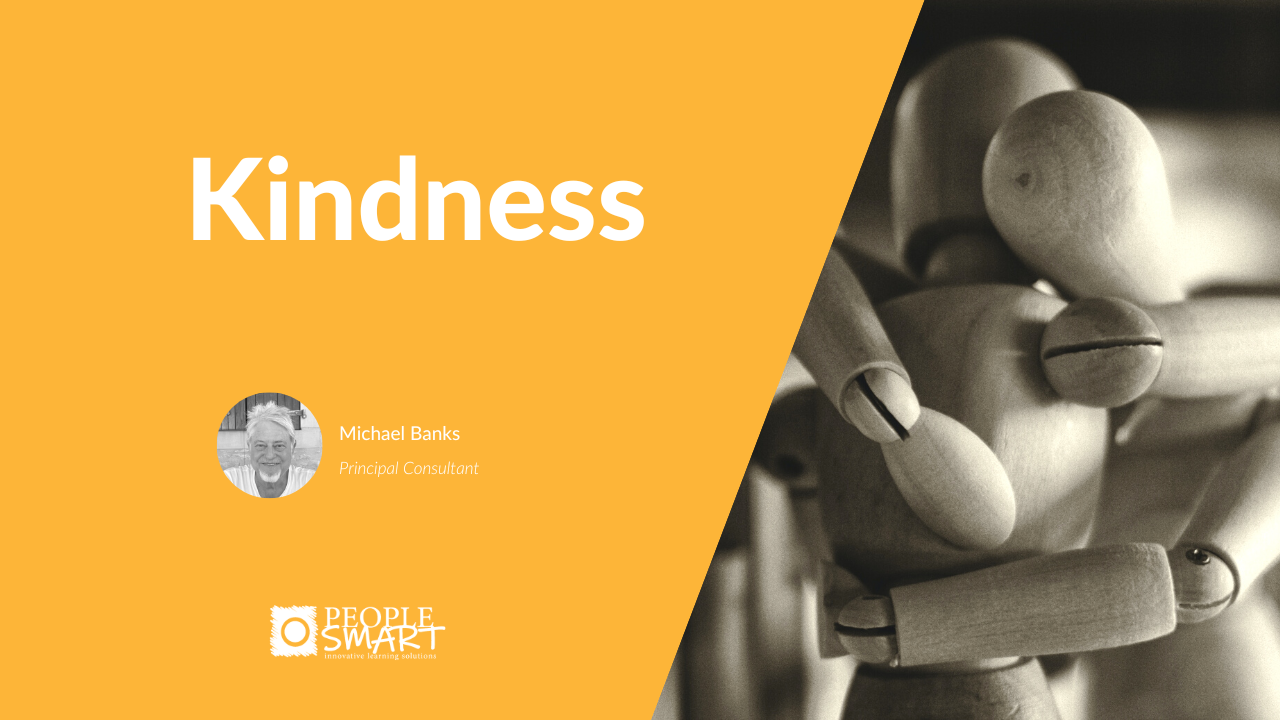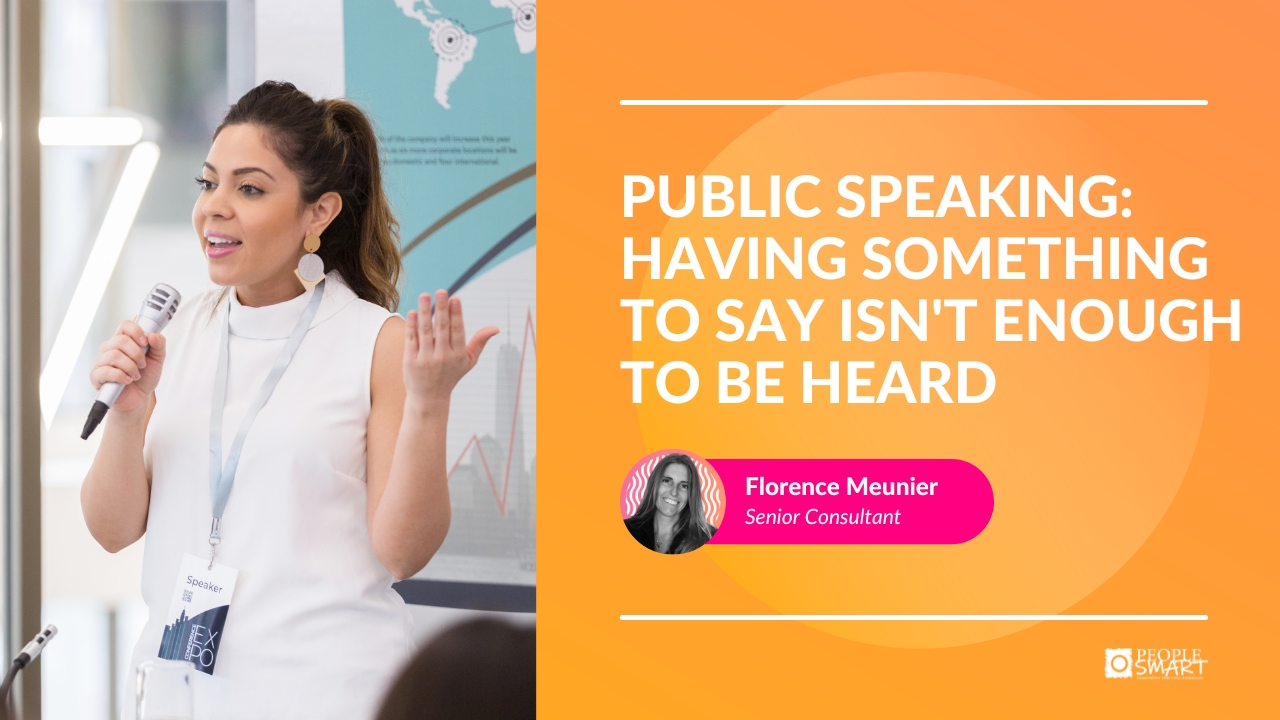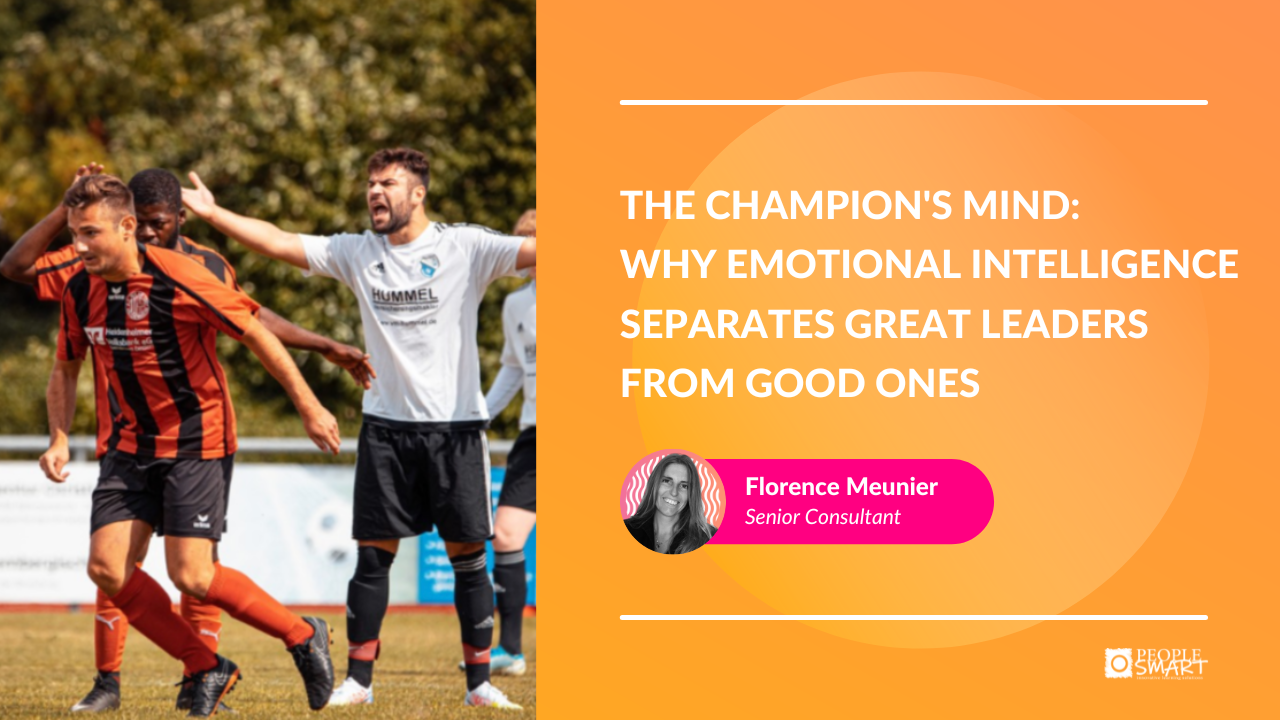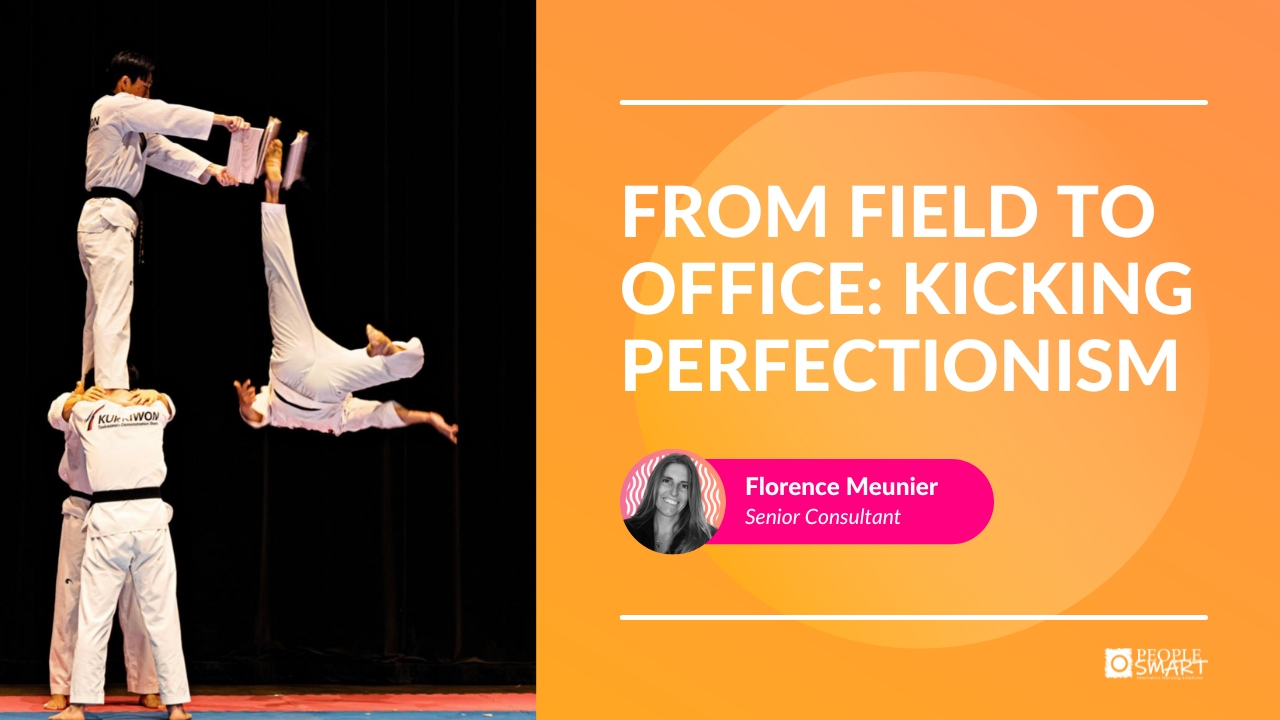Few would disagree that we live in a world that needs kindness more than ever. However, I believe there are many in the corporate world who still haven’t truly acknowledged the importance of kindness to performance in business.
In this article we explore why kindness is so important to business success.
What is kindness?
- “The quality of being friendly, generous, and considerate” (Oxford English Dictionary),
- “Friendly, deliberately doing good to others” (Middle English kinde, Online Etymology Dictionary)
You know when someone is being kind to you because you feel it.
What has the Dalai Lama said about kindness?
“Be kind whenever possible. It is always possible.” Exactly. Being kind to others is a choice: you don’t have to be a grump; you may be feeling grumpy, but you can decide to replace this state by choosing to park your mood and smile instead while saying “good morning” like you really mean it!
The Dalai Lama’s dedication to the virtue of kindness is obvious in his way of life: “My religion is very simple. My religion is kindness.”
Being kind is not just personal development, it is a collective growth of humanistic values such as love, compassion, and friendliness.
A few more thoughts from the Dalai Lama:
- “No act of kindness, no matter how small, is ever wasted.”
- “Constant kindness can accomplish much. As the sun makes ice melt, kindness causes misunderstanding, mistrust, and hostility to evaporate.”
Job seekers are more likely to apply for a job posting that lists kindness as an important value of the company. (July 7, 2023, Forbes, Bryan Robinson PhD.) More than ever, people are looking for the comfort and security of being treated kindly. Many companies are looking to create a psychologically safe environment and kindness is a key ingredient in the recipe.
Finally, this from Nikhil Meshram in MEDIUM:
- “Being a kind person makes you more empathetic towards others.
- Others see you as a better human with mutual understanding.
- You become more appealing to other people.
- It’s being selfless, caring, compassionate, and unconditionally kind.
- Like love, it takes practice to understand and feel it.
- We share love with others through kind acts such as a smile, a nice word, an unexpected deed, or a planned surprise.”
Adrian Bettridge is Managing Partner of Baringa, a global business consulting firm with two thousand staff around the world. His company believes in putting people first and for years has been acknowledged as a ‘Great Place to Work’. Most unusually though is Baringa’s brave adherence to kindness as a core value of the company. They do ongoing research into the topic and the company literature on kindness begins with the heading ‘Does Kindness Pay?’ According to Adrian and his colleagues the answer is Yes!
I know of no other business which embraces this value so fully and overtly (yet!). Do you?! Maybe Baringa’s espousal of kindness signifies the beginnings of a new movement in business? Let’s hope so.
I’m going to share this rather long quote from Adrian because it contains so much of the rationale for being authentically kind and is based upon his living experience running a global organization.
“We see kindness as a practice, not a personality trait – which means it can be practiced. Kindness in business pays because it builds trust, productivity, employee retention, resilience, profitability, and brand loyalty.
The pressure for growth ‘at all costs’ over the last thirty years has distracted leaders away from kindness by creating unrealistic demands and unrelenting pressure. This has led to short-term leadership behaviours that, when we step back and reflect on them, haven’t worked – and, at a human level, haven’t felt good.
Of course, leading with fear or with an ‘iron fist’ can deliver bursts of productivity and short-term results. But ultimately, those results aren’t sustainable. In such company cultures, we see that people don’t perform at their best, don’t feel safe enough to take risks, and ultimately resort to ‘colouring in between the lines’. Creativity, problem solving, and innovation slowly evaporate.
What’s left is a transactional and bureaucratic culture that lacks the depth of personal and institutional trust required to act with agility and deliver outstanding results. Leaders struggle and get replaced more often, increasing attrition of up-and-coming talent, and short-termism prevails. That’s a fire drill-to-fire drill existence with no room for kindness and leads to poor company performance.
Kindness is a critical skill for all leaders and is the entry point into EQ. Being smart is important. Being smart and kind is how leaders make the biggest impact on the world. I’ve worked with some very smart consultants and clients, but truly differentiated leaders are clever and kind too. That combination of IQ and EQ makes them stand out.
Seneca, the revered Stoic philosopher of Ancient Rome said, ““Wherever there is a human being there is an opportunity for kindness.” This is so true, especially for leaders. Leadership is about making others perform and feel better because of your influence, even when you aren’t present.
Kindness provides an immediate ‘feel good’ factor and has this lingering influence on the engagement and motivation of a team. Leaders who act with kindness at their core create a psychologically safe culture, maximizing the learning and personal growth of their team.”
So as Baringa clearly emphasizes, kindness requires practice to make it an integrated element of any corporate culture.
How do you practice kindness?
Here are a few ideas to consider:
As Adrian Bettridge mentions above, kindness “is the entry point into EQ”. Like most other practices it begins with self-awareness. You can choose to edit your communication depending upon the result you desire. However, you need to become adept at managing your emotions so that the style and impact of your communication is appropriate to your desired result.
The trouble is we often decide not to be kind based on our assumptions about the other person. We make judgments such as “he’s boring”, “she’s stupid”, and “I don’t like the way he looks” These types of judgements can cause us to avoid, disconnect and behave coldly towards others. The trick is to recognize the judgment you’re making in your head, suspend that judgment, and sincerely try to go beyond the judgment and, with curiosity and genuine interest, create open and positive relationships.
Being kind in business does not mean being a ‘softie’, a ‘walkover’. You must still be able to be assertive (also requires practice) and sometimes ‘be cruel to be kind’ as they say.
Again, you must cultivate a sufficient degree of self-awareness to know when you’re transferring your annoyance onto another person or whether you are being tough and kind because you want to support another’s growth.
Kind people give others the benefit of the doubt and instead of making quick judgments can delay judgment until they find out about the other person’s story and particular circumstances.
Being kind can dissolve fear and destroy limiting pre-conceptions.
A good example of this happened to me a while back.
I was invited to give a talk at a local mosque in California by my cricketing friend Mubarack. I did not know what to expect and must admit I was a bit nervous as I drove down a backstreet in the dark to what I thought would be a grand temple. It was the opposite of that! But what greeted me as I entered the prefabricated building blew my mind.
The elders lined up to shake my hand and welcome me, the women in the kitchen were all smiles as they prepared the meal, and my talk was listened to intently by the Muslim youth. First, I was invited to dinner, and after my talk I was invited to stay for prayers without any expectation to directly participate.
Whatever fear I had was gone and my eyes were opened to the reality of Muslim life and culture. Such kindness and generosity will stay in my heart forever.
Let’s end with some personal reflection.
Remember a time when you were shown great kindness. How did it make you feel? Now, remember a time when someone was especially kind to you at work. How did that make you feel and, most important, what were the ramifications? What shifts or changes occurred because of that kindness?
Michael Banks
October 2023
.
.
.
.
.
If you want to know more about PeopleSmart and the services we offer reach out to us for a conversation: contact@peoplesmart.fr






